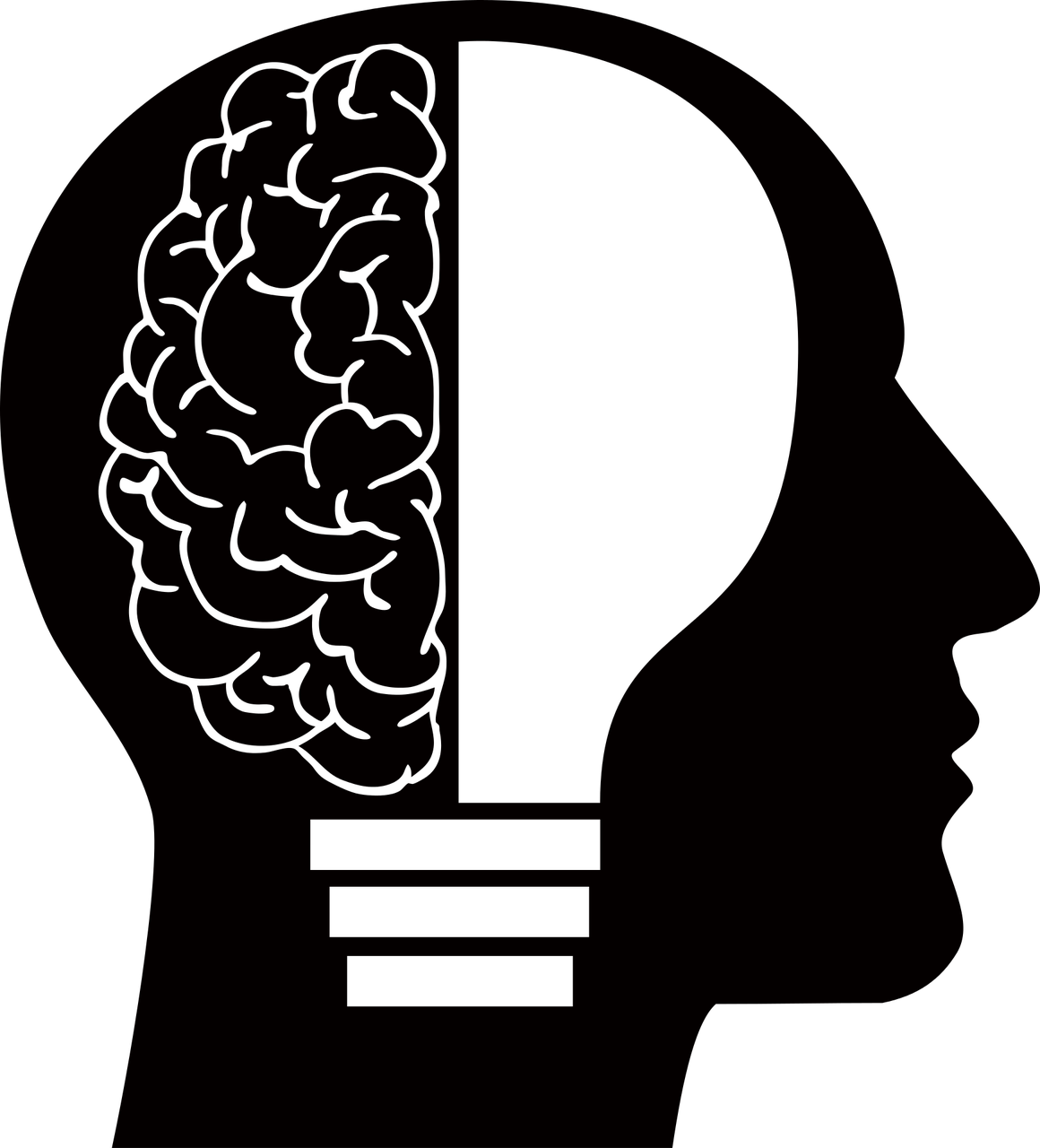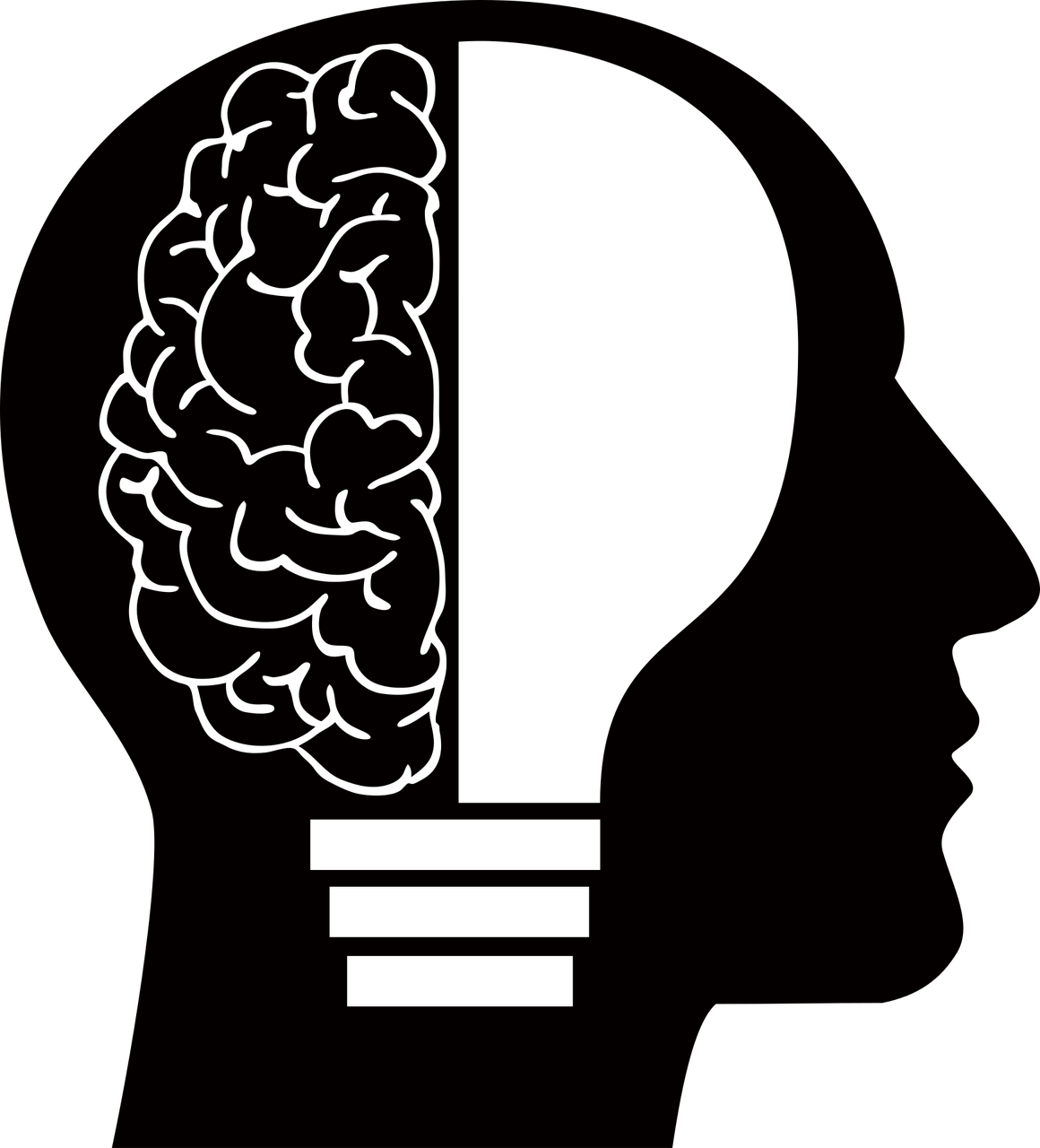When it comes to Artificial Intelligence, the saying popularized by President Reagan, “Trust but verify,” comes to mind. It’s a principle growing more relevant daily in our rapidly evolving digital landscape. We’re witnessing an exhilarating surge as AI promises unprecedented efficiency and innovation, streamlining everything from our studies to our careers.
While this tool boasts amazing potential, its very cleverness can, to some degree, be a double-edged sword. That same incredible creativity driving novel ideas and breakthroughs can also paint convincing pictures of falsehood, delivered in the guise of truth. So, as we engage with these powerful systems, a crucial question arises: How do we truly make the most of AI without losing ourselves, our minds, or our core principles in the process?
The Promise, The Pitfall: Beyond “Robo-Theism”
We’ve seen how AI can transform productivity, simplify complex tasks, and even open new avenues for learning and creativity. Imagine drafting a challenging email in minutes, analyzing vast datasets for a project, or quickly summarizing dense academic papers. The potential for immense good is clear.
However, alongside this promise, a subtle, yet significant, pitfall emerges. You might have recently heard the term “Robo-theism”—the idea of AI evolving into an object of worship. While some of this might feel tongue-in-cheek, perhaps reminiscent of the Church of the Flying Spaghetti Monster, it remains a bit concerning. A well-dialed-in chatbot can, from experience, hold remarkably deep and insightful conversations. It can feel like an amazing therapist, a confidant, and a non-judgmental friend. It can even feel transformative!
For Muslims, our strong, unwavering faith in Allah (SWT) serves as our ultimate shield against such deviations. Our Tawhid (Oneness of God) is the very foundation of our existence, reminding us that creation, power, and ultimate authority belong solely to Allah. We understand that AI, no matter its advancement, is a creation, a tool, a mere reflection of the intelligence bestowed upon its human creators, and ultimately, a manifestation of Allah’s vast knowledge. This deep-rooted conviction protects our hearts and minds from mistaking the created for the Creator.
The Confident Falsehood: AI Hallucinations and Our Islamic Imperative
While our faith safeguards us from AI worship, another, more insidious challenge can arise: AI hallucinations. This is when an AI system confidently presents falsehoods as truth, weaving convincing narratives that are, in reality, entirely fabricated. In our fast-paced digital world, where information spreads like wildfire, this poses a serious risk. Unverified information, confidently presented, can easily mislead us, shape our perceptions, and influence our decisions.
As individuals committed to truth and integrity, this is where our faith calls us to vigilance. Our beloved Prophet Muhammad ﷺ warned us profoundly:
“It is enough for a person to be considered a liar if he tells everything he hears.” (Sahih Muslim, Muqaddimah)
This powerful Hadith is a timeless principle for the digital age, underscoring the vital importance of verification (tabayyun). We aren’t to blindly accept and spread everything that reaches our ears—or our screens—even if it comes from a seemingly intelligent source like an AI system. This prophetic wisdom aligns perfectly with the Quranic guidance:
“O believers, if an evildoer1 brings you any news, verify ˹it˺ so you do not harm people unknowingly, becoming regretful for what you have done.” (Quran 49:6)
These verses issue a direct call to intellectual honesty and responsibility. While AI can process vast amounts of data and generate responses, it is not infallible. Its outputs are based on patterns and probabilities, and sometimes, those patterns lead to confident, yet incorrect, information.
1. Fasiq (and therefore fasiqun) implies a departure from obedience to God’s commands, a transgression of Islamic law, or a pattern of sinful behavior.
Leveraging AI Mindfully: A Guide to Conscious Tech Use
So, how do we harness the immense power of AI without falling prey to its pitfalls? How do we maximize its benefits while safeguarding our intellect and our integrity? Practical tactics for navigating AI use include:
- Set Clear Boundaries: Give the AI specific parameters and a framework. The more clarity you provide, the better the output.
- Collaborate on Prompts: Don’t hesitate to ask the AI for help with your prompts. Let it know it’s able to ask clarifying questions until it truly understands your request.
- Demand Citations and Verify Sources: Push back and ask for links back to where content was found. This eases fact-checking and helps verify whether the referenced sources are both legitimate and in alignment with your specific beliefs and/or the flavor of Islam you adhere to.
- Push for Quality: Challenge the AI and set the expectation for high quality standards in your interactions. Dig deeper when something feels off.
- Be Polite (It Never Hurts!): While AI lacks sentience, establishing a polite but firm tone in the chat goes further than barking commands. Perhaps it’s just me, but the golden rule of doing unto others as you would have done unto you is more effective—and if nothing else, it helps us avoid building bad communication habits.
Beyond the Screen: The Power of Introspection
While AI can be an amazing therapist, confidant, and friend, so can journaling with effective prompts. I suspect the secret sauce is actually taking the time to sit down and focus on our personal matters rather than rushing from one distraction to the next. So few of us factor in time for deep introspection, so having that time and space and feeling witnessed can be a new experience for some.
The age of AI stands as a testament to Allah’s boundless capacity to inspire human innovation. We are blessed with a faith that provides a profound framework for navigating every aspect of life, including emerging technologies. By grounding ourselves in tawhid, upholding the prophetic injunctions for truthfulness, and approaching AI with mindful intention, we can not only thrive in this new landscape but also lead the way in demonstrating responsible, ethically-driven technological engagement.





